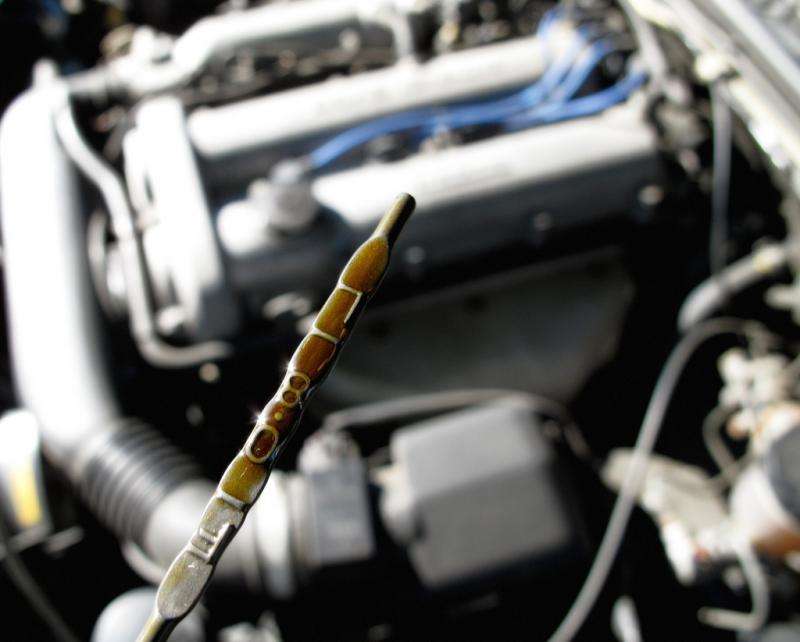Nanoscale film assesses engine oil

Perth motorists could save on the cost of running their car thanks to an Edith Cowan University invention.
Researchers have developed a real-time sensor that measures engine oil quality using thin metal oxide films.
The sensor is capable of preventing engine failure and costly engine repair often caused by degraded oil.
ECU Electron Science Research Institute Professor Kamal Alameh says the sensor enables car owners to detect when the engine oil needs a change.
"Motor engine oil degrades through oxidation which leads to acidic by-products. Those by-products lead to corrosion and are a major source of engine failure," he says.
"We have developed a way of checking the quality of the oil as you drive, so you don't have to rely on changes at defined intervals when the oil may have already degraded or conversely doesn't need to be changed at all."
The sensor is disc shaped and is 2.5mm in diameter and covered by a thin metal oxide film measuring about 300 nanometres in thickness, which is about 500 times thinner than a human hair.
"This film is a porous structure that the acidic molecules of the by-products enter into, changing the electrical property of the film," he says.
"We then measure the electrical property and can tell whether the oil is degraded or not,"
Film thickness essential for sensitivity
The sensor was developed in ECU's nanofabrication cleanroom with the films created through molecule-by-molecule deposition.
Prof Alameh says this process is very important for controlling the thickness of the film and maximising the sensor's sensitivity.
"Of course, molecule-by-molecule deposition sounds like a slow process," he says.
"However, we can actually produce, through photolithography, thousands of sensors at the same time so it is actually quite an efficient and cost-effective process.
"The material costs are negligible because the film is so thin".
Prof Alameh says he is hopeful drivers will find a range of benefits using the sensor.
"It maintains the good quality of the oil, which ensures the high performance of the car and improves reliability," he says.
"That reduces maintenance costs if you end up with damaged parts from using degraded oil, and labour costs alone can be expensive".
The sensor is currently available for viewing at the Electron Science Research Institute at ECU's Joondalup Campus.
Provided by Science Network WA





















